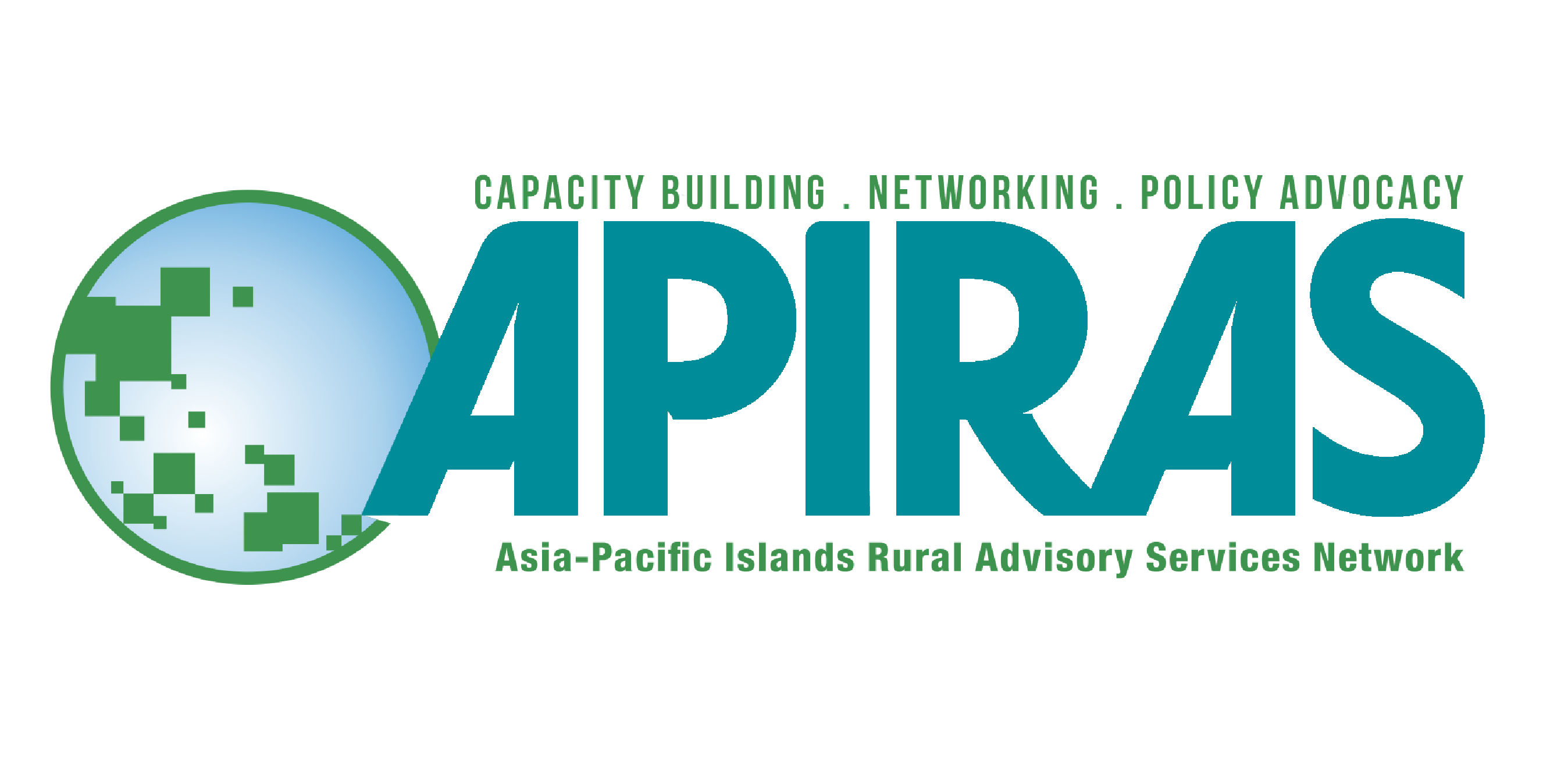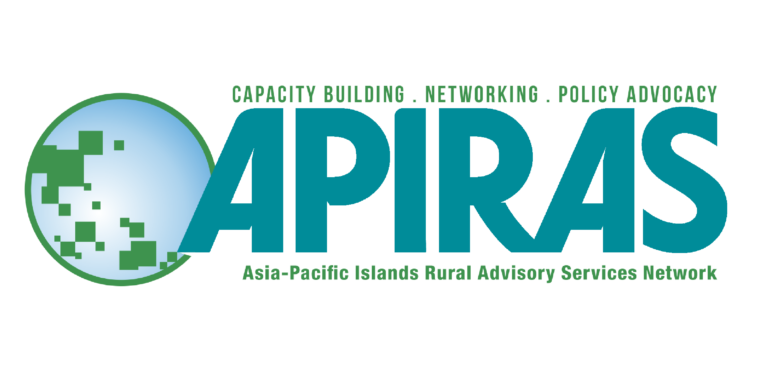April 2020, South Asia
Collective action in Maharashtra to deal with COVID-19 and its impact on Agriculture
Dr Sagar K Wadkar
Collective action by the agencies of the Maharashtra State Government, with support from producer collectives, have to some extent reduced the impact of Covid-19 on farmers and consumers. However, a lot more needs to be done argues Dr Sagar K Wadkar in this blog.
The first case of COVID-19 was confirmed in Maharashtra State on 9 March 2020. Day-by-day the cases kept increasing and exactly after one month, i.e., on 9 April 2020, the State had 1364 positive cases against an all-India figure of 6761. Out of Maharashtra’s 36 districts, 28 districts are suffering from corona positive cases, of which eight districts are in the ‘Red Zone’. More than two-thirds of the cases in the State have emerged from the Mumbai Metropolitan Region. Unfortunately, Mumbai and Pune are among the 10 coronavirus hotspots in the country as declared by the Government of India. The State Government and its enabling agencies (including district administrations, municipal corporations, Health, Public Transport, and Law & Order Departments, civil society organisations, non-governmental organisations, etc.); different forms of producers collectives[1] (farmers’ groups, clubs, self-help groups, [dairy] cooperatives, and more importantly Farmer Producer Organisations [FPOs][2]); agritech start-ups; and farmers’ federations and their supporting organisations, are collectively addressing the menace of the Covid-19 pandemic.

